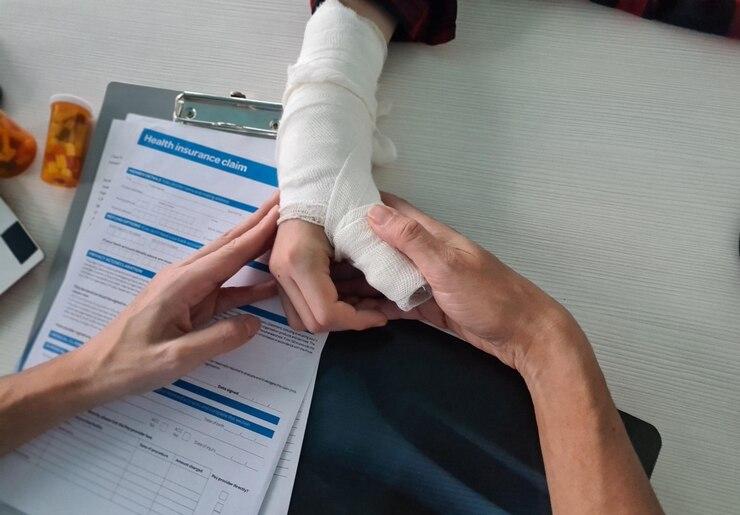
Car accidents can turn life upside down, leaving people not only with physical injuries but also with a maze of insurance claims and legal questions. The process of seeking compensation after a crash is full of myths and misunderstandings, which can cause people to make decisions that hurt their chances of a fair settlement.
If you understand the facts, you’ll be able to avoid costly mistakes and get what you deserve. Many people believe that compensation after a car accident is straightforward, but the reality is more complex.
Several factors that affect car accident settlements are fault, insurance coverage, the extent of injuries, and state laws. Misconceptions about these issues can lead to missed opportunities or unrealistic expectations.
Here are some common misconceptions about car accident compensation:
You Must Go to Court to Get Compensation
One of the biggest myths is that you must sue someone or go to court to receive compensation. In fact, most claims are settled directly with the at-fault driver’s insurance company.
Legal action is only necessary if the insurer refuses to offer a fair settlement. Even then, the insurance company, not the individual driver, usually pays any court-ordered amount.
You Can’t Claim Compensation If You’re Partially at Fault
Some believe they can’t recover damages if they share any blame for the accident.
Under comparative negligence laws, you can still receive compensation for your injuries or damages as long as you are less than 51% at fault for the accident. However, the amount you receive will be reduced based on your level of responsibility.
For example, if you are found to be 20% at fault, your compensation will be reduced by that same percentage. So, if your total damages amount to ₹10,00,000, you would receive ₹8,00,000 after a 20% reduction.
Insurance Companies Will Treat You Fairly
It’s common to think your insurance company will look out for your best interests. In reality, insurers are businesses focused on minimizing payouts. They aim to settle claims for as little as possible, which means you may not get the full amount you’re entitled to unless you advocate for yourself or have professional representation.
At-Fault Party Only Recovers Up to Insurance Limit
Another misconception is that you can never receive more than the at-fault driver’s insurance coverage. While insurance limits cap what the insurer will pay, there are scenarios where you might recover additional compensation.
This could happen if multiple parties share liability, if the at-fault party were on the job at the time, or if your insurance policy includes coverage for underinsured motorists.
If You Didn’t Feel Hurt Right Away, You Can’t File a Claim
Some injuries, like whiplash or internal trauma, don’t appear immediately after a crash. It’s a mistake to assume you can’t file a claim if symptoms appear days or weeks later. Medical records and prompt treatment are essential, but delayed symptoms are common and still qualify for compensation.
Wrap Up
Sorting fact from misconceptions is crucial when dealing with car accident compensation. Misconceptions about fault, insurance, legal deadlines, and the need for legal advice can all affect your financial recovery.
By understanding your rights and the realities of the process, you can make informed decisions and avoid pitfalls that might cost you in the long run.




Leave a Reply